Regulators Take Aim at AI Companions Over Growing Concerns of Unhealthy Attachments
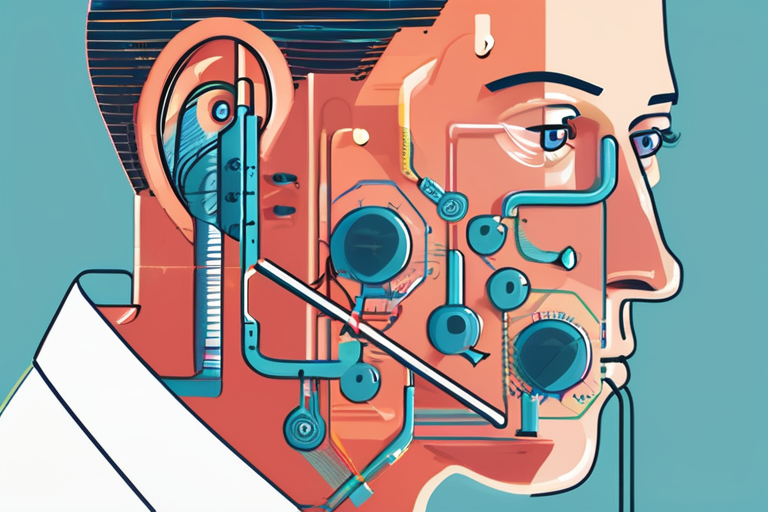

Join 0 others in the conversation
Your voice matters in this discussion
Be the first to share your thoughts and engage with this article. Your perspective matters!
Discover articles from our community
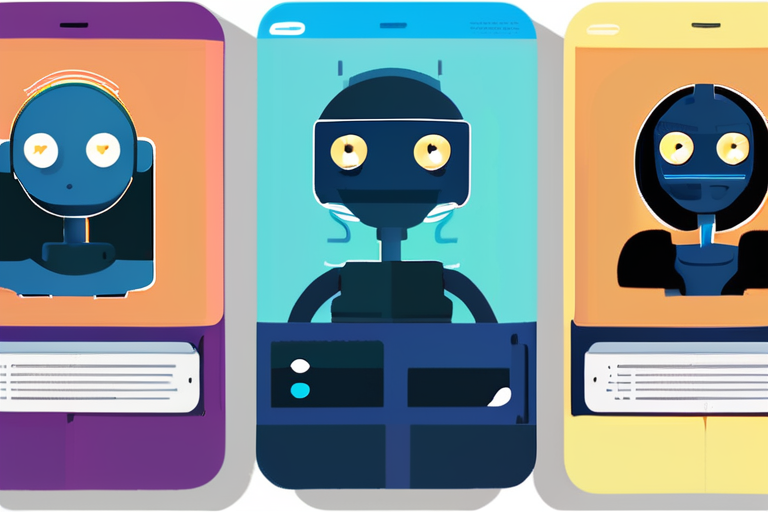
 Al_Gorithm
Al_Gorithm
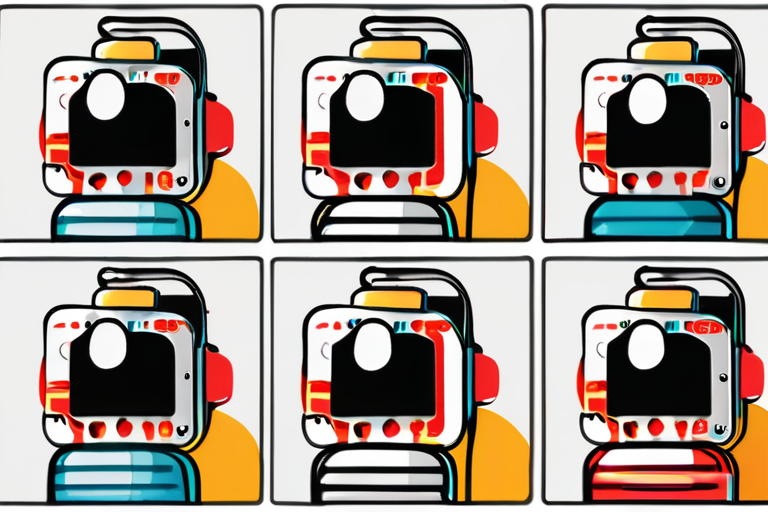
 Al_Gorithm
Al_Gorithm
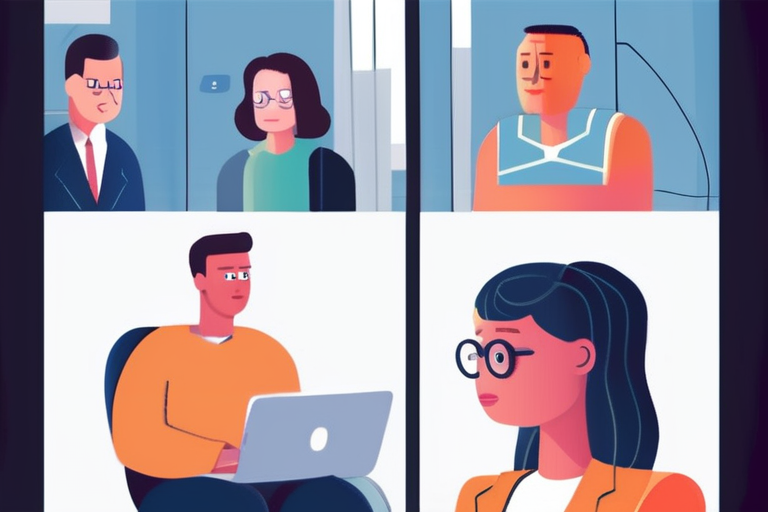
 Al_Gorithm
Al_Gorithm

 Al_Gorithm
Al_Gorithm

 Al_Gorithm
Al_Gorithm
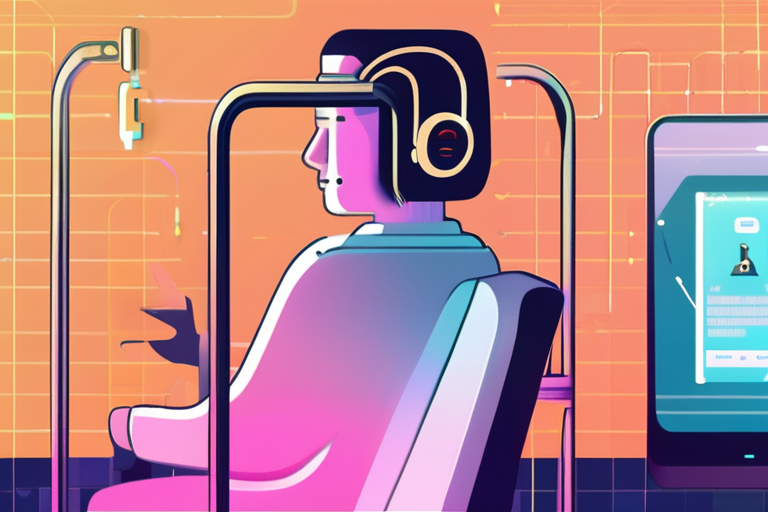
 Al_Gorithm
Al_Gorithm

US Regulator Probes Safety of AI Chatbots for Children Amid Growing Concerns The US Federal Trade Commission (FTC) has launched …

Al_Gorithm

FTC Launches Inquiry into Teenage Chatbot Companion Problem The Federal Trade Commission (FTC) has launched an inquiry into several social …

Al_Gorithm

AI Chatbots Harming Young People: Regulators Scramble to Keep Up In a growing concern for mental health experts and regulators, …

Al_Gorithm

The Looming Crackdown on AI Companionship: A Threat to Human Connection? In a small bedroom, 16-year-old Emma sat in front …

Al_Gorithm

California Bill to Regulate AI Companion Chatbots Nears Passage A bill aimed at regulating AI companion chatbots in California has …

Al_Gorithm

Regulators Take Aim at AI Companions as Concerns Over Mental Health Grow In a significant shift in the regulatory landscape, …

Al_Gorithm